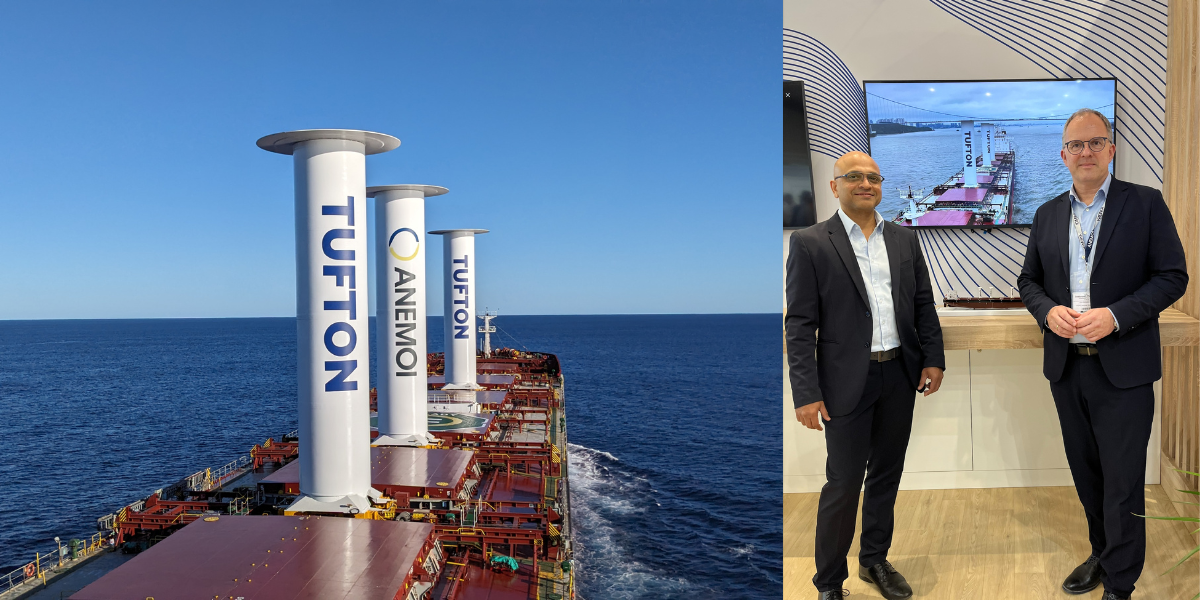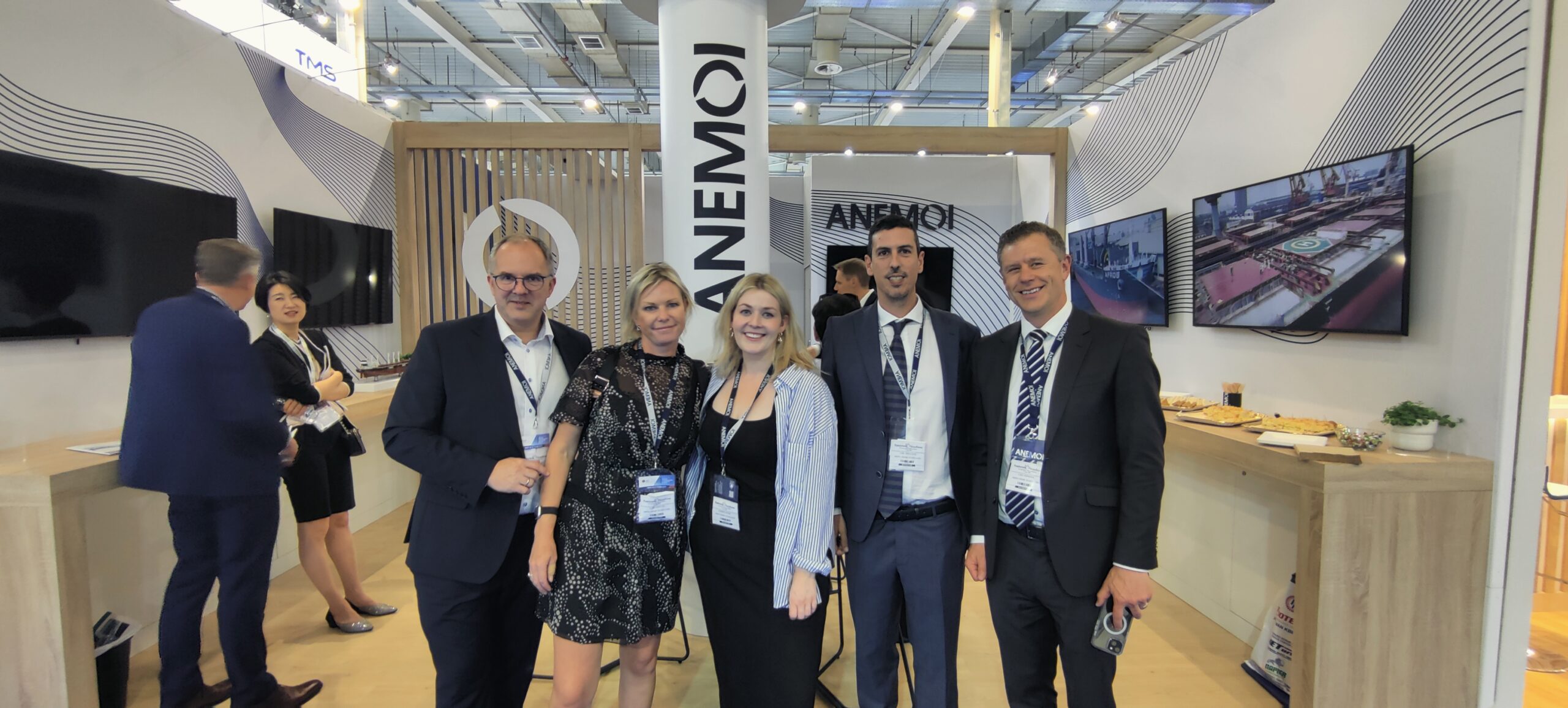Amidst an unusually strong June heat, more than 50,000 members of the global shipping community congregated in Athens, Greece, for the latest installment of the Posidonia exhibition. As one of the maritime industry’s biggest events in the heart of one of the world’s most influential shipping hubs, the week-long event offered shipping players the chance to collaborate and discuss some of the biggest issues impacting the industry, both now and in the future.
The realm of carbon emissions regulations was in the spotlight throughout the week as shipowners look to ensure their vessels continue to operate effectively in areas that will soon impose more stringent carbon emission requirements. One of the most prominent regulations discussed throughout the week was the FuelEU Maritime rules that come into effect on 1 January 2025 as shipowners and operators begin to calculate how they continue operating their vessels within European waters within the guidelines.
During a keynote speech at Posidonia, ABS Chairman and CEO Christopher Wiernicki noted, “FuelEU creates a new hurdle to clear every five years to avoid an emissions bill, but its potential impact lies in the way it turbocharges return on investment in alternative fuels technology. The regulation aims to drive fundamental, disruptive change, to reshape the industry around us well before 2050 and reward first movers on emissions-reduction technology.”
It is for that reason that wind-propulsion technology, and Rotor Sails more specifically, gained a lot of interest throughout the week in Athens as ship owners look to install efficiency systems that will enable them to play a critical role in ensuring their vessels are compliant with current and future regulations.
Rotor Sails are a proven technology that provides additional thrust to a vessel to enhance speed or reduce engine power, dramatically cutting fuel consumption and carbon emissions. Versatile and simple to install, they are suitable for various vessel types and can be installed quickly and easily, either during dry dock or at berth, making them ideal for rapid retrofits.

However, in addition to the installation of vital emissions-reducing technologies, there remains a call to ensure that all shipping players collaborate and coordinate together to improve the decarbonisation goals of the International Maritime Organization (IMO).
As noted by the Union of Greek Shipowners (UGS) President Melina Travos, “Time flies and yet large challenges remain, and new ones are emerging. However, if we can work together to achieve our shared goals, the prize will be greater than the greening of our industry, it will be the greening of all industries. We cannot even discuss, let alone succeed, with a global energy transition without shipping and its role as a catalyst in every aspect of socioeconomic change and progress.”
FuelEU Maritime is also just the start of a new reality for vessels. The IMO indicated that it intends to introduce its own version of the regulation globally in 2027. That is why the role of events like Posidonia remain so important for the maritime sector, enabling players from around the world to collaborate and discuss shared challenges and issues, and enable companies like Anemoi to showcase a cost-effective and visible solution.
“The conversations we have seen throughout Posidonia about the environmental and financial benefits and increased utilisation of Rotor Sails as a means to improve vessel efficiency and reduce fuel consumption have been very encouraging,” said Kim Diederichsen, Chief Executive of Anemoi.
“The regulations coming into effect in Europe next year are a driver for ship owners to make important investment decisions for their vessels. Anemoi has seen an incredible amount of interest throughout the week here in Athens as our Rotor Sails have been proven to be a visible and commercially viable method of providing auxiliary propulsion for a number of vessel types. We are ready to help ship owners on their decarbonisation journey and Anemoi is proud to be a market leader for Rotor Sails that improve the green credentials of commercial vessels,” he added.
With deals already in place with some of the world’s leading fleet operators and shipbuilding yards, Anemoi is proud to be a leading voice in the adoption of new emissions-reducing technologies that ensure vessels can meet the requirements of stringent carbon regulations.
